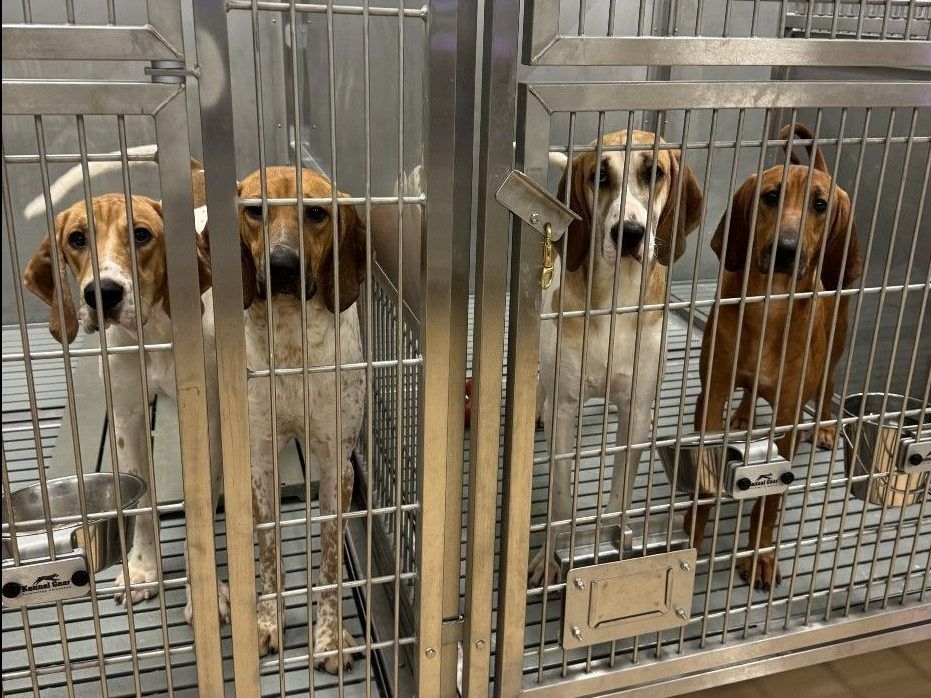A wave of change is building in Ontario, sparked by disturbing revelations about the treatment of animals in medical research. New draft legislation promises to dramatically restrict invasive experimentation on dogs and cats, a move hailed as potentially transformative for animal welfare in Canada.
The impetus for this groundbreaking bill came after an investigation exposed harrowing practices at St. Joseph’s Hospital in London, where puppies were subjected to hours-long, induced heart attacks for cardiac research. The details, brought to light in August, ignited public outrage and fueled calls for stricter regulations.
Bill 75, introduced by the Progressive Conservative government, seeks to redefine the boundaries of acceptable research. It specifically targets procedures that alter an animal’s physical integrity, cause significant physiological impact, or inflict moderate to severe pain, distress, or even death.

Beyond restricting invasive procedures, the legislation proposes a complete ban on breeding dogs and cats within Ontario for research purposes. This aims to cut off the supply of animals specifically raised for experimentation within the province.
Charu Chandrasekera, of the Canadian Institute for Animal-Free Science, believes the potential impact is enormous. If enacted, she states, this legislation could represent “one of the most meaningful scientific and ethical shifts in Canada’s modern history.”
Animal welfare advocates are celebrating the draft language as a monumental step forward. Camille Labchuk, of Animal Justice, emphasized that Ontario is taking a “groundbreaking step by introducing laws to end the cruel and outdated use of dogs and cats in experiments.”
However, some experts caution that the legislation’s focus on dogs and cats may be too narrow. Udo Schüklenk, a bioethics professor at Queen’s University, argues that ethical considerations should center on an animal’s capacity to experience pain and suffering, regardless of species or domesticity.
Concerns have also been raised about the potential impact on medical research within the province. Schüklenk fears that valuable clinical research, potentially leading to life-saving breakthroughs, could simply relocate to jurisdictions with less stringent regulations.
Further complicating matters, loopholes remain. Angela Fernandez, director of the Animal Law program at the University of Toronto, points out that a ban on breeding within Ontario is insufficient without also prohibiting the import of animals from other regions for research purposes.
Recent investigations have revealed that a Scarborough research facility has been importing test dogs from a Wisconsin breeder with a history of alleged animal cruelty. The breeder recently surrendered its license, avoiding criminal charges, but the practice continues to raise serious ethical questions.
The proposed legislation also aims to ban medically unnecessary procedures performed for cosmetic reasons, such as declawing cats or removing vocal cords, further expanding the scope of animal protection within the province. The specifics of permitted procedures will be detailed in future regulations.
As the bill moves forward, the debate highlights a fundamental tension between the pursuit of scientific advancement and the ethical responsibility to protect vulnerable creatures. The outcome will undoubtedly shape the future of animal research in Ontario and potentially set a precedent for the rest of Canada.





